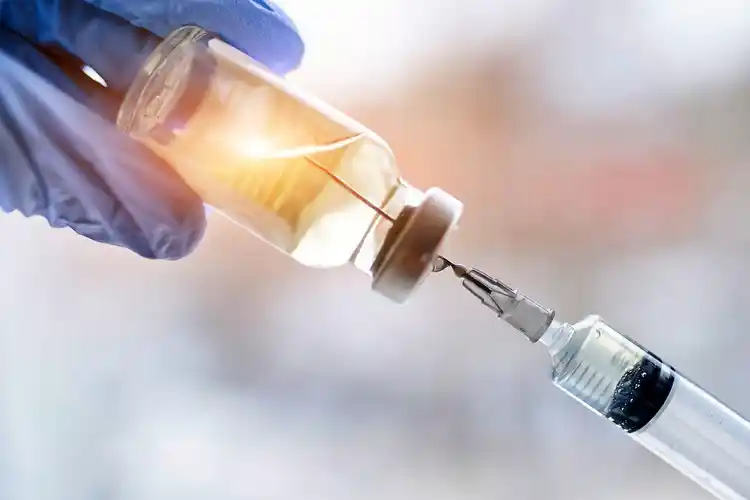Expert Defines: Immunizations for Older Adults - August Moment

Hide Video Transcript
Video Transcript
[MUSIC PLAYING]
And that's around the same time that you're at risk of the higher complications, the more dangerous complications if you were to get sick with shingles. And so it's an excellent vaccine that people should consider at age 50. The modern shingles vaccine is extremely effective, 90% effective, and it's a two-shot series. And everybody age 50 and older should consider it.
The other milestone comes a little bit later, and that comes around age 65 when it becomes a higher priority for you to get the pneumococcal vaccine, or what's frequently called the pneumonia shot. And so it protects against pneumococcal, pneumonia, which you're much more vulnerable to bad outcomes from if you're 65 or older.
And that is a vaccine that we have is very effective, and it can help people who are at highest risk of serious complications if they were to get that illness. It can help to keep them safe or, at a minimum, have a minimal-- have a less serious case of it if they were to get it. Of all vaccines that are recommended, the yearly influenza vaccine, the yearly flu shot, is the single most important vaccine that you can get year over year.
The flu is responsible for tens of thousands of deaths every year, some years far worse than others. People at the CDC and other organizations work very hard to make sure that they prepare the proper flu vaccine for the flu that we're going to encounter on a pandemic level each year. So there's what's called the TDAP, which is tetanus, diphtheria, and pertussis, and they're all in one shot.
This comes into play with people who are having a baby. So if-- pregnant mothers are recommended to get the TDAP. And then also any older adults who are going to be around the newborn baby should also get it just to-- because small children, infants are at the highest risk of trouble from the diphtheria and pertussis.
JUSTIN VESSER
So there's two older adult vaccine milestones, if you want to-- if you want to think of it in those terms. At age 50, you hit a vaccine milestone. There's now a very safe and effective vaccine that protects against shingles-- shingles being the same virus that causes chickenpox in children, or people at any stage who've been exposed to it the first time, now has a vaccine that protects against its later form which shows up most often in older adults and causes the condition we call shingles. And that's around the same time that you're at risk of the higher complications, the more dangerous complications if you were to get sick with shingles. And so it's an excellent vaccine that people should consider at age 50. The modern shingles vaccine is extremely effective, 90% effective, and it's a two-shot series. And everybody age 50 and older should consider it.
The other milestone comes a little bit later, and that comes around age 65 when it becomes a higher priority for you to get the pneumococcal vaccine, or what's frequently called the pneumonia shot. And so it protects against pneumococcal, pneumonia, which you're much more vulnerable to bad outcomes from if you're 65 or older.
And that is a vaccine that we have is very effective, and it can help people who are at highest risk of serious complications if they were to get that illness. It can help to keep them safe or, at a minimum, have a minimal-- have a less serious case of it if they were to get it. Of all vaccines that are recommended, the yearly influenza vaccine, the yearly flu shot, is the single most important vaccine that you can get year over year.
The flu is responsible for tens of thousands of deaths every year, some years far worse than others. People at the CDC and other organizations work very hard to make sure that they prepare the proper flu vaccine for the flu that we're going to encounter on a pandemic level each year. So there's what's called the TDAP, which is tetanus, diphtheria, and pertussis, and they're all in one shot.
This comes into play with people who are having a baby. So if-- pregnant mothers are recommended to get the TDAP. And then also any older adults who are going to be around the newborn baby should also get it just to-- because small children, infants are at the highest risk of trouble from the diphtheria and pertussis.
